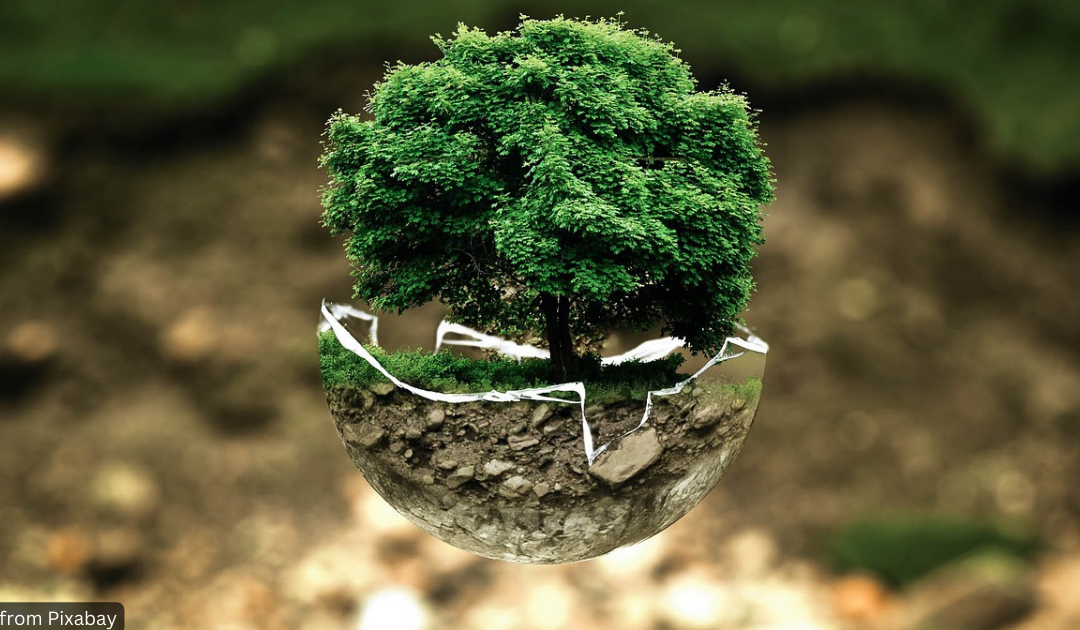May 3, 2024 | The Winnipeg Free Press, The Conversation via UVic News
As the Aamjiwnaang First Nation declares a state of emergency due to pollution, in a recent article, Sarah Marie Wiebe alongside Alexandra Bridges, and Leah Levac express how the enaction of Bill C-266 is more important than ever, as well as offered advice on how to ensure the bills successful implementation. Bill C-226 was initially brought to the house by Green Party Leader Elizabeth May, who explained that the bill is supposed to assist in the development of a national strategy to advance environmental justice, and address environmental racism. The bill is now before the standing committee on Energy, the Environment and Natural Resources.
Dr. Wiebe and her colleagues suggested three strategies to implement to make sure that this bill is effective in achieving its goals. First, the “strategy must be guided by evidence about meaningful and inclusive engagement practices.” Second they suggested utilizing a broader planetary lens, promoting intersectionality, to understand and prevent environmental racism. And finally, they suggested that the plan be led by many different communities and people in the communities, from public servants to researchers.
Dr. Sarah Marie Wiebe is an assistant professor and researcher in the school of public administration at UVic. Her research interests includes but is not limited to environmental justice, sustainability politics and policies, deliberative democracy, disaster and emergency planning, and Indigenous community engagement and response. Dr. Wiebe is also a co-founder of the Feminist Environmental Research Network (FERN), and a Co-Director for the Seascape Indigenous Storytelling Studio, with research partners from the University of Victoria, University of British Columbia and coastal Indigenous communities.
In 2023, Dr. Wiebe published a book titled Life against States of Emergency: Revitalizing Treaty Relations from Attawapiskat which is available to read via the library catalogue as part of the UVic Author Celebration Program.
To learn more about Dr. Sarah Marie Wiebe’s research, we encourage you check out her author page on our institutional repository, UVicSpace! Or, check out more research surrounding environmental racism by searching for it in our browse by subject option!

